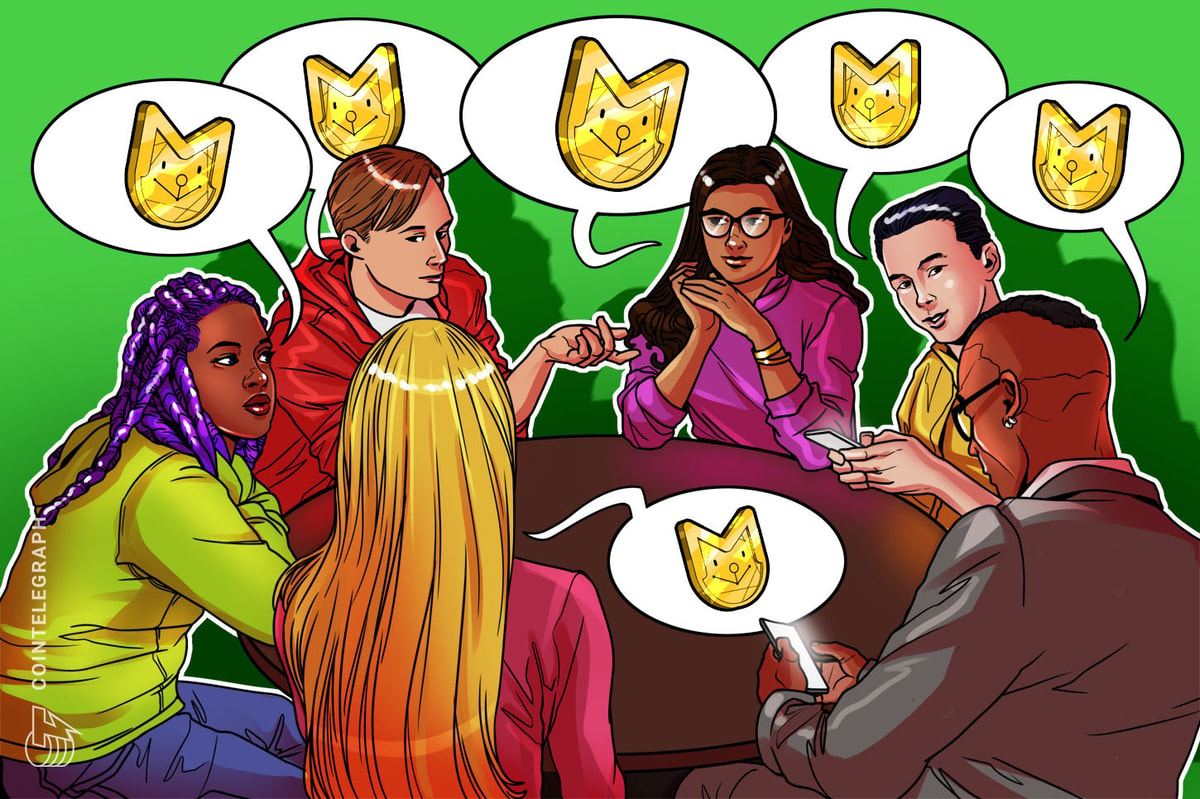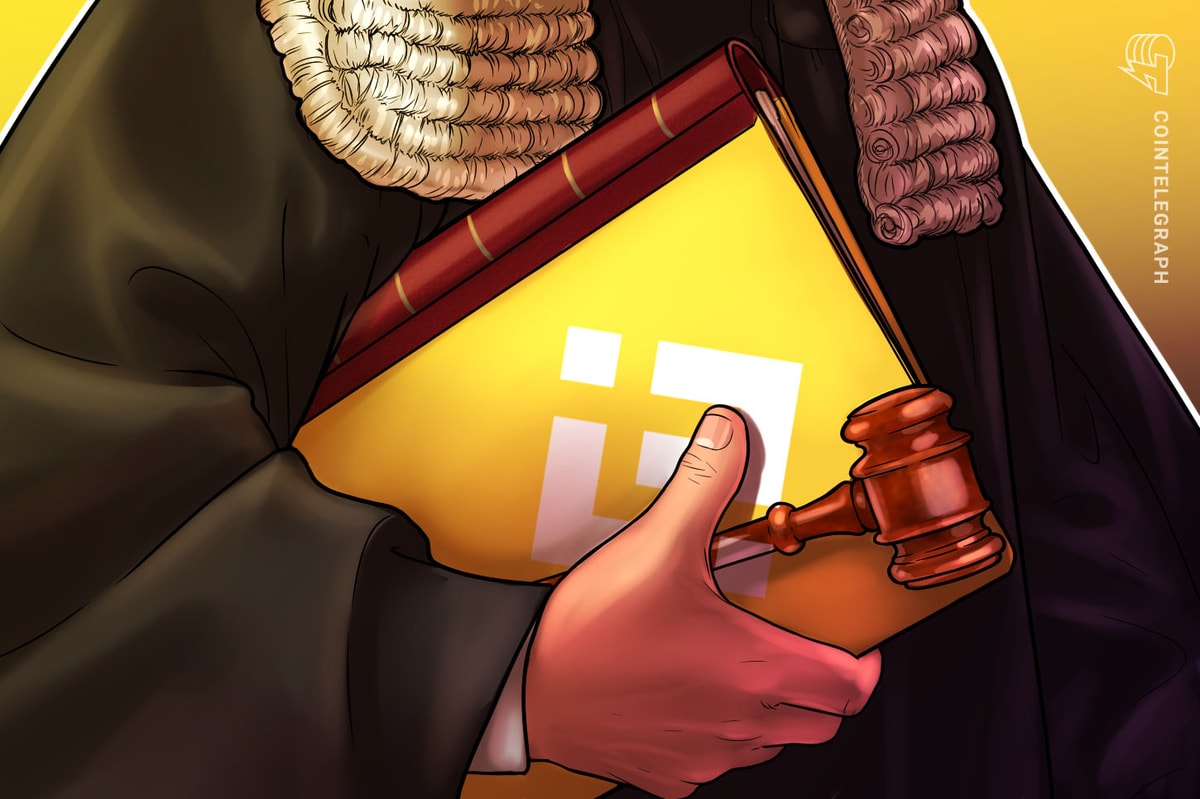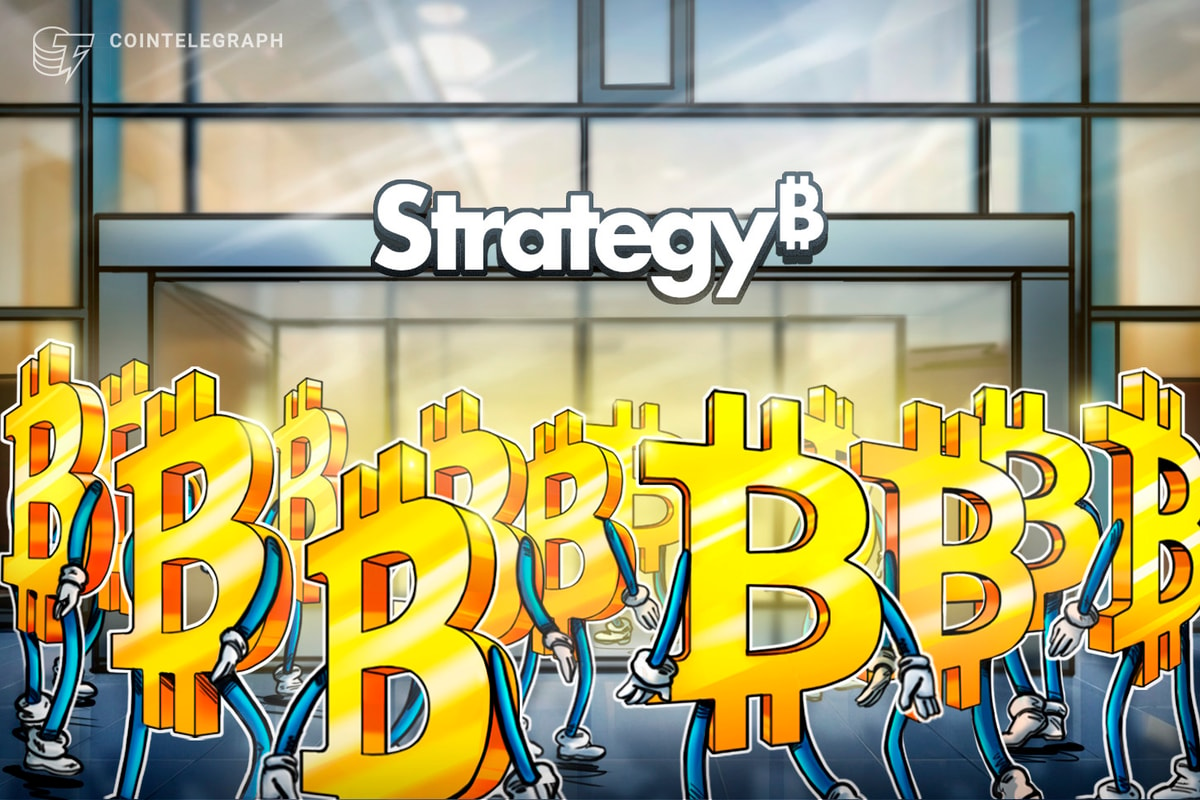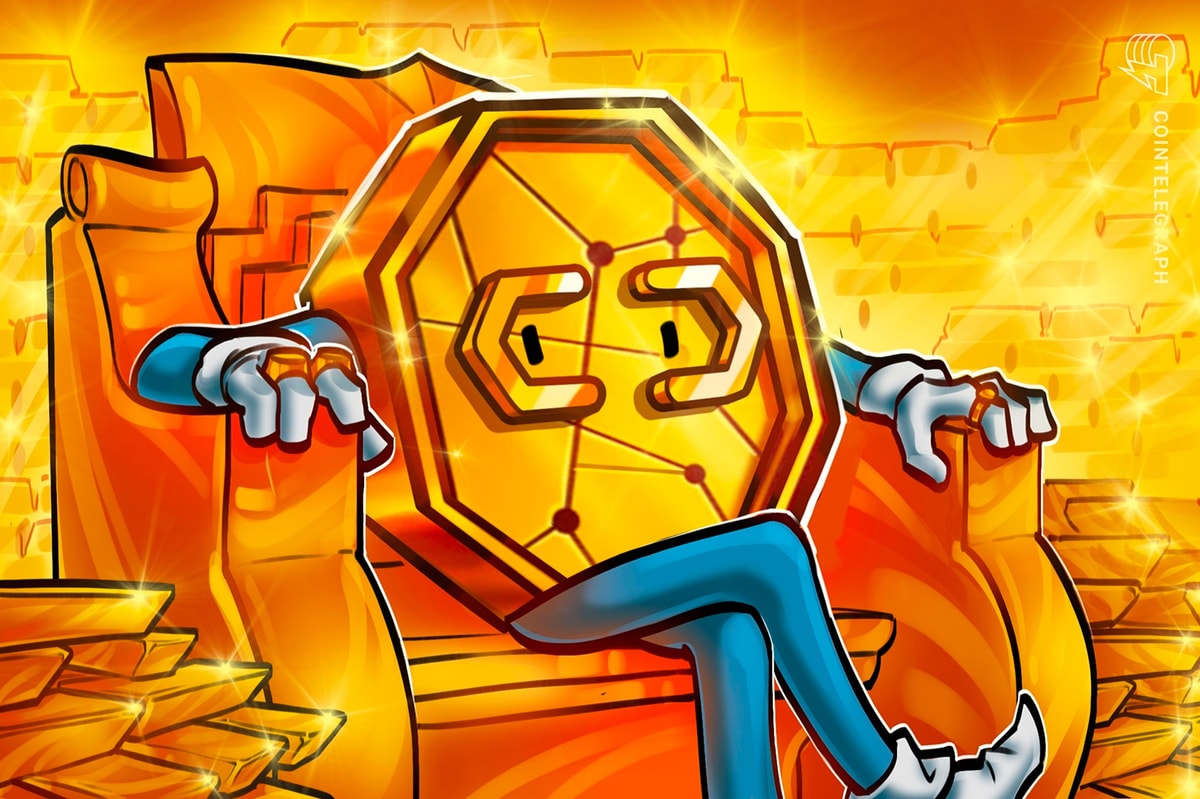As memecoin traders continue to lose money, some crypto leaders are calling for social pressure as a deterrent against insider-driven scams.
On Feb. 17, Paradigm researcher Samczsun floated the idea of a social solution to memecoins’ insider problem.
The researcher said if people agree that insider-driven memecoins are bad, they could start by “formally ostracizing” the people involved in meme token scams. Samczsun said this could make the upside of one-time gains not worth the downside of being “persona non grata” or unwelcome in the community.
Some community members supported the idea. One X user said that the community needs to start making a serious effort to hold people accountable or risk not having an industry anymore.
Another community member said this could be effective, adding that the Mango Markets exploiter Avraham “Avi” Eisenberg was first convicted in the “court of crypto social public opinion” before being criminally convicted.
Solana co-founder says social layer “pitchforks” are problematic
Not all crypto leaders agree that social shaming is an effective deterrent.
Solana co-founder Anatoly Yakovenko said social layer pitchforks are problematic since they react to an outcome instead of having predefined rules.
The Solana co-founder said it would be difficult for a memecoin, as the only way to do it is to force users to have a social credit score and reject coins with low score distributions. He added that while the community could ostracize a key opinion leader (KOL), the cabal behind the project would just move on to a different KOL.
Source: Anatoly Yakovenko
Crypto trader Jordan Fish, who goes by “Cobie” on X, said there’s no way to “effectively socially shame the shameless.” Fish said that this had been happening even before the memecoins. The trader said that each time someone was shamed, they just used the attention and counter-accused. Fish said that there were YouTubers who were still popular despite constant shaming. Fish wrote:
“The only people I’ve ever seen shamed off this app were relatively credible people that made a mistake, or didn’t need to use it to make money. The people who should be shamed off here already know what they are doing, and they have chosen that path.”
Meanwhile, DoubleZero co-founder and former Solana Foundation strategy lead Austin Federa said the social layer is good at punishing sandwich attackers and bad products. However, Federa said it’s nearly impossible to go after scammers and influencers because the targets are not part of the existing social layer.
Related: Dubai regulator says memecoins must adhere to regulations
President-linked memecoins lead to billions in losses
The debate over memecoin fraud has intensified following high-profile political token scams.
On Feb. 11, Chainalysis data revealed that over 800,000 crypto wallets lost $2 billion after buying the Donald Trump (TRUMP) memecoin, which has since dropped 80% from its peak of $72.60 on Jan. 19.
A similar scenario played out with Argentina President Javier Milei’s LIBRA token. After Milei endorsed the token on X, its market capitalization soared to $4.5 billion before insiders cashed out over $100 million, causing its value to plummet.
The continued memecoin frenzy has reignited concerns about crypto market integrity, with industry leaders divided on whether social accountability can curb fraud or if stronger regulatory action is needed.
Magazine: Trump’s crypto ventures raise conflict of interest, insider trading questions











